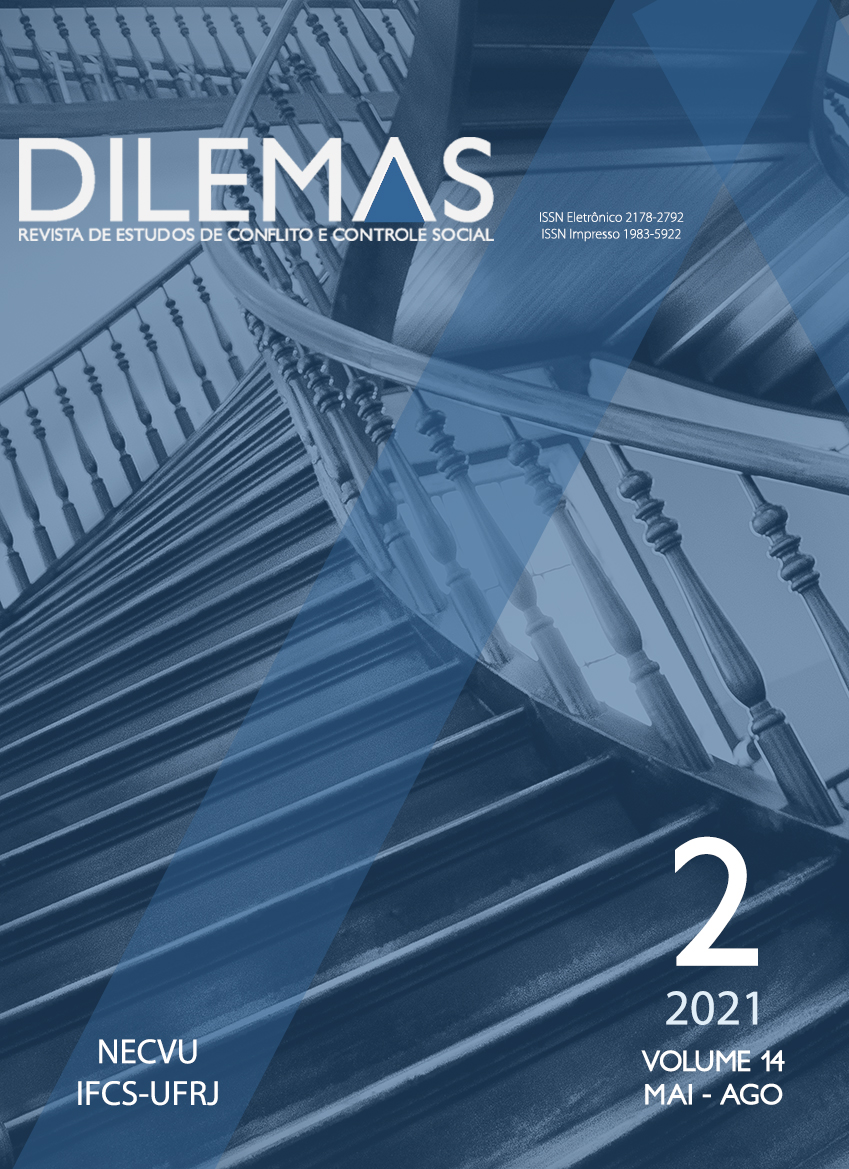Challenges of the Transitional Justice in the Periphery: Lessons from Nueva Venecia Slaughter
DOI:
https://doi.org/10.17648/dilemas.v14n2.31576Schlagworte:
Nueva Venecia slaughter, internal armed conflict in Colombia, transitional justice, Justice and Peace LawAbstract
In 2005 the government of Álvaro Uribe approved the Justice and Peace Law (no 975/2005) and 40 additional laws intended to achieve the demobilization of armed groups outside the law in Colombia, but only the violent right-wing groups called autodefensas were demobilized. This law, which aimed to reintegrate members of outlawed armed groups into civilian life, introduced “alternative sanctions” and gave to the autodefensas’ counterinsurgency a political nature. This paper argues that, despite the development of many legal instruments concerning the rights of victims and transitional justice, the Colombian state has failed to repair and restore the dignity of the population under study.Downloads
Veröffentlicht
2021-05-03
Ausgabe
Rubrik
Artigos
Lizenz
Autores mantêm os direitos autorais e concedem à DILEMAS - Revista de Estudos de Conflito e Controle Social o direito de primeira publicação, com o trabalho simultaneamente licenciado sob a Licença Creative Commons tipo atribuição BY (CC-BY), que permite o compartilhamento do trabalho com reconhecimento da autoria e publicação inicial nesta revista.

